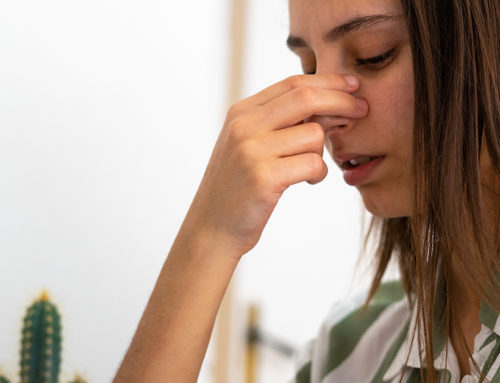
Will Surgery Help My Allergies?
You may experience allergies if your immune system finds mold, pollen, dust, or another substance known as an allergen to be harmful. The allergen can stimulate the cells in your immune system to release certain chemicals and cause common allergy symptoms like runny nose, sneezing, itching, headaches, shortness of breath, wheezing, and fatigue.
Most Common Types of Allergies
While you can be allergic to just about any substance, here are the most common types of allergies:
- Mold - Typically found in humid and damp environments and outdoors, mold can lead to coughing, sneezing, itchy skin, and breathing difficulties.
- Pollen - Pollen is a fine powder that comes from grasses, trees, flowers, and weeds. A pollen allergy can cause sneezing, itchy throat, and watery eyes. If you're allergic to pollen, you may notice that your allergy worsens in the spring and late fall when pollen counts are at all time highs.
- Dust Mites - Tiny bugs that make their home in your furniture, upholstered carpets and couches, pillows, and mattresses are called dust mites. Dust mite allergies usually lead to sneezing and runny nose.
- Nasal Obstructions and Allergies - Allergies, especially when they are severe, can lead to nasal obstruction, which occurs when your sinuses are blocked or congested and you have a difficult time breathing through your nose. So, can surgery treat nasal obstruction?
While surgery may help treat this condition, it will not cure your allergies. Even if you undergo a surgical procedure for your allergies, you'll need to control your allergies. Also, you may still face nasal obstruction on a day with a high pollen count or when you're in close contact with a pet you may be allergic to.
It's also important to understand that surgery may worsen your allergy symptoms because pollen and other allergens have a greater chance of entering your nose when your nasal obstruction has been resolved. After reading this far, you may be wondering whether there are any benefits of undergoing nasal surgery for severe allergies.
The truth is that nasal surgery for bad allergies leads to less severe nasal obstruction and congestion symptoms. After surgery, your allergy attacks have to be more serious for you to experience major symptoms. This is mainly because surgery creates more space for swelling to arise prior to nasal obstruction.
While nasal surgery may not get rid of your allergies forever, it can be the answer to resolving nasal obstruction and providing you with the relief you deserve. Since every patient is different, a doctor can evaluate your unique situation and inform you whether surgery is a good option.




